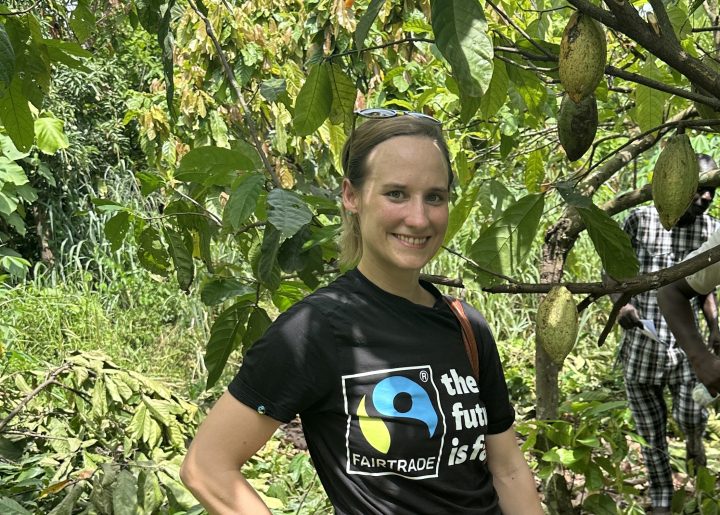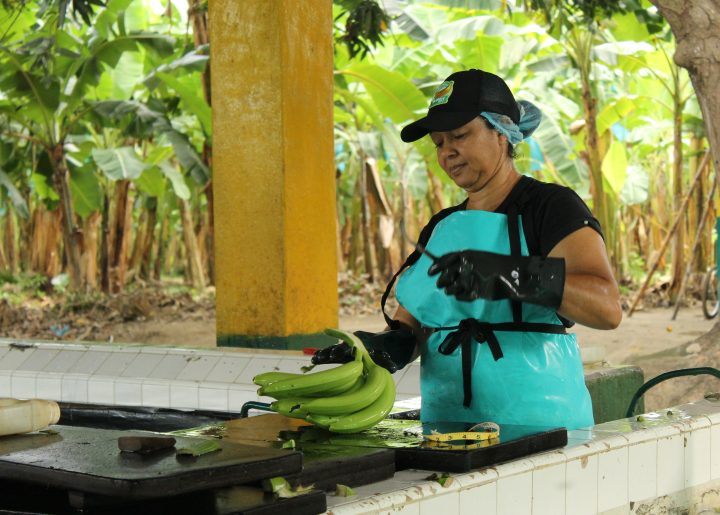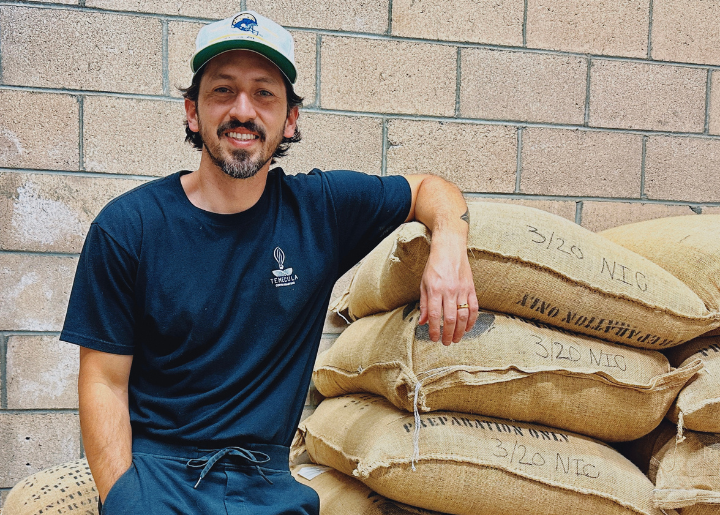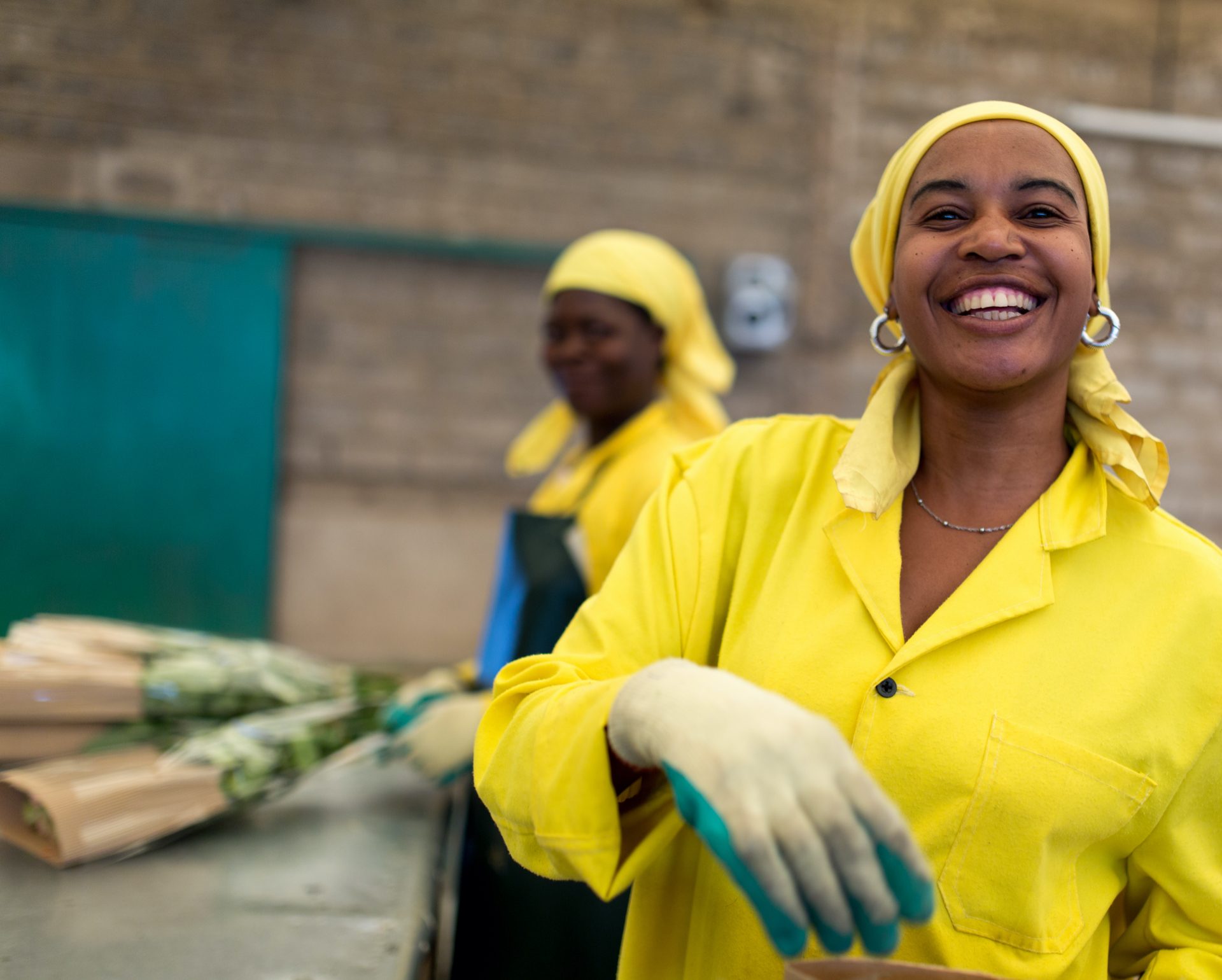Fairtrade applauds the US move to close Legal Loophole in the Tariff Act
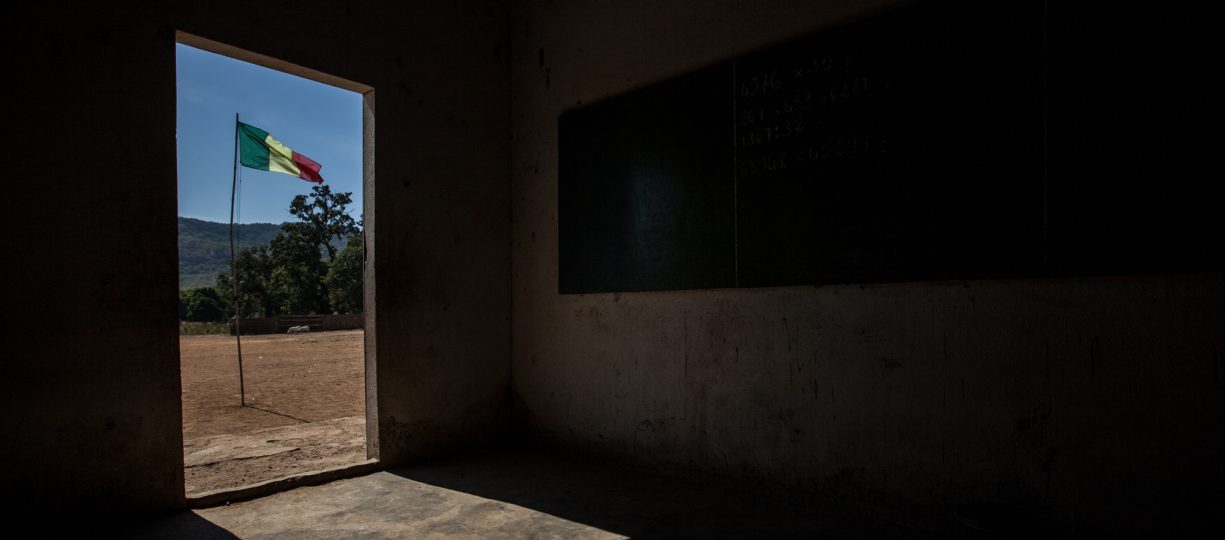
For 86 years, the United States was forced to allow goods produced by the worst forms of child labor and forced labor to enter our country due to a loophole.
Last week, President Obama signed the Trade Facilitation and Trade Enforcement Act into law forever closing this loophole in the Tariff Act of 1930, a move that has major implications for businesses, human rights organizations and product certification systems around the globe.
According to the United Nations, 21 million people around the world are victims of forced labor, and there are around 168 million child laborers; nearly half of them in the worst forms of child labor. The US Department of Labor maintains a list of 136 goods from 74 countries that are at risk for involving child labor and forced adult labor.
This new bill enables companies to take greater responsibility for their supply chains and ensure that the products customers purchase are not produced with forced or child labor. Before this law was passed, companies were allowed to import goods produced by forced labor if they were “not mined, produced, or manufactured in such quantities in the United States as to meet the consumptive demands of the United States.”
Fairtrade America and Fairtrade International applauds the work of the International Labor Rights Forum, Green America, Global Exchange and Stop the Traffik that enabled this new bill. It delivers a strong, positive signal to companies, governments, human rights organizations and product certification companies around the world that the US is determined to put an end to products produced with slave labor. Furthermore, this bill encourages businesses, both inside and outside the US, to look carefully at their supply chains and carry out due diligence to ensure human rights and compliance with fundamental principles of decent work. It also enables companies, human rights organizations and/or product certification systems to work more closely together to audit or monitor supply chains and build the capacity of companies to identify and respond to child and forced labor.
Fairtrade believes that trade can help reduce poverty and support sustainable development, especially when it is managed with greater equity and transparency. For this reason, it is important for Fairtrade to ensure that the new bill does not result in simply blacklisting of entire country origins, which would risk plunging communities into deeper poverty, but is implemented in a responsible, evidence-based and targeted way that enables and engages supply chain interventions and purchasing practices that will genuinely deliver people from forced labor and trafficking through fairer and more ethical trading practices.
As the only third-party certification system that focuses on the entire supply chain of the goods we certify, we understand that forced and child labor might be present in some Fairtrade commodities, especially those on the US Department of Labor List of Child and Forced Labor. Fairtrade works with small-scale farmers’ organizations and plantations in many of these countries because that is where our approach is most needed. Fairtrade Standards have strict criteria around forced labor, human trafficking and the worst forms of child labor based on the ILO Conventions. Fairtrade’s independent certifier, FLOCERT, conducts on-the-ground audits to check compliance with these standards. We also provide training and due diligence risk and response so impacted companies can work together with producers to proactively ensure that their entire supply chains are continuously monitored and improved.
While no certification could ever guarantee that no child labor or forced labor goes into the production of a product, we do guarantee that we take action if instances of the worst forms of child labor or forced labor are discovered in the operations we certify. Please see Fairtrade International’s child and forced labor guidelines to find out more about our rights-based approach to child and forced labor elimination.
Overall, the elimination of child and forced labor depends on concerted action from governments, civil society, the private sector and consumers to ensure that trade respects basic human rights and protects impacted persons found in child and forced labor situations. For those interested in exploring the topic further the ILRF has a good post on the strengths and weaknesses of the new bill.
###
Learn more at www.fairtradeamerica.org or follow Fairtrade America on @FairtradeMarkUS.
Press Office
+1.202.391.0525
questions@fairtradeamerica.org
We’re in this together
Fairtrade America partners with brands on the journey to certification and beyond. We can help with everything from finding a certified supply chain to marketing your newly certified product.
Get in Touch
